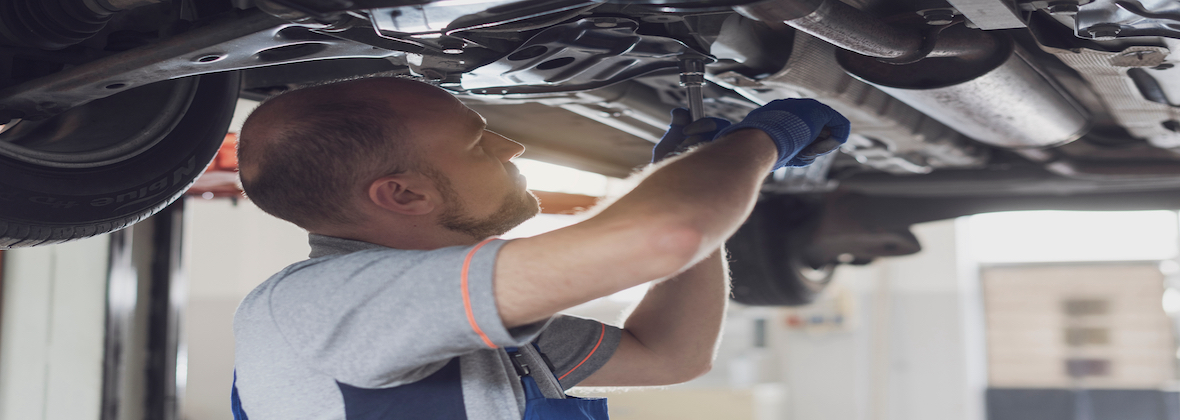
Your local dealer will get back to you within 24 hours with recommendations and to book an appointment.

The process of a brake fluid flush involves flushing out the old, contaminated fluid from the car’s brake system and replacing it with fresh brake fluid. This entire process helps maintain the effectiveness and health of a vehicle’s brakes.
The primary role of brake fluid is amplifying and transmitting the force applied by the driver when he presses down the brake pedal. When the brake pedal is used, the force brings the brake master cylinder into action. In turn, the brake master cylinder catalyses the brake fluid all through the brake line to reach the brakes of each wheel and stop the vehicle.
If your car has a disc brake system, then the process is a bit different. Here the plunger present in the brake master cylinder forces the pressurized fluid in the brake’s calliper pistons. These are hydraulic pistons that further squeeze brake pads against the wheel rotor. This entire action creates friction, and the frictional force stops the moving vehicle.
If a car has a drum brakes system, the pressurized brake fluids work on the wheel cylinder, further pushing a pair of brake shoes against the drums to stop the moving wheels.
A car’s brake system comprises many different parts. Most of these parts are joined together with hoses and brake lines, which utilize brake fluid in the amplification and transmission of forces. That’s why it is critical to ensure that the braking quality always remains the best and doesn’t curb the functionalities of other brake parts. And that is where brake fluid comes into the frame.
If your brake components are compromised you will notice a decline in performance. Experts at TIRECRAFT advise drivers to keep an eye out for the following symptoms:
Spongy Brake Pedal: Does the brake pedal feel spongy, soft, bouncy, or even loose when pressing? Do you press the brake pedal all the way to the car floor to slow down the car? This is a definite sign your car needs brake fluid change.
Strange Smells or Noises When Brakes are applied: If you hear strange noises when brakes are applied, this may be caused from some brake system problem or low levels of brake fluid. Some familiar sounds you may hear are scraping and grinding noises. After hard braking, if you experience burning smells, then you may be facing the issue of burnt-out brake fluid.
Ineffective Breaking Performance: Brakes should be responsive and quick so that you remain safe during an emergency. Any difficulties or delays in slowing down or stopping the car show that your brakes need immediate servicing.
Benefits of Regular Brake Fluid Flushes
Brake fluid replacement has many benefits. If performed regularly, a brake fluid flush offers many benefits, including:
Preventing Corrosion: Brake fluid is hydrophilic and absorbs moisture present in the air. With higher moisture levels in the brake fluid, it can lead to corrosion of the metal parts of the braking system. The corrosion can cause the breakdown of these metal components. Regular fluid change helps prevent corrosion.
Effective Working of Braking System: Traction control and ABS systems are critical for optimal braking and seamless vehicle performance. Old brake fluid can damage the ABS and traction control systems with moisture. Regular brake fluid flush ensures the prime health of these components.
At TIRECRAFT we recommend having your brakes services regularly. A brake fluid flush typically needs to occur every 40,000 km to 60,000 km depending on the vehicle and driving habits. For more information contact your local TIRECRAFT today!